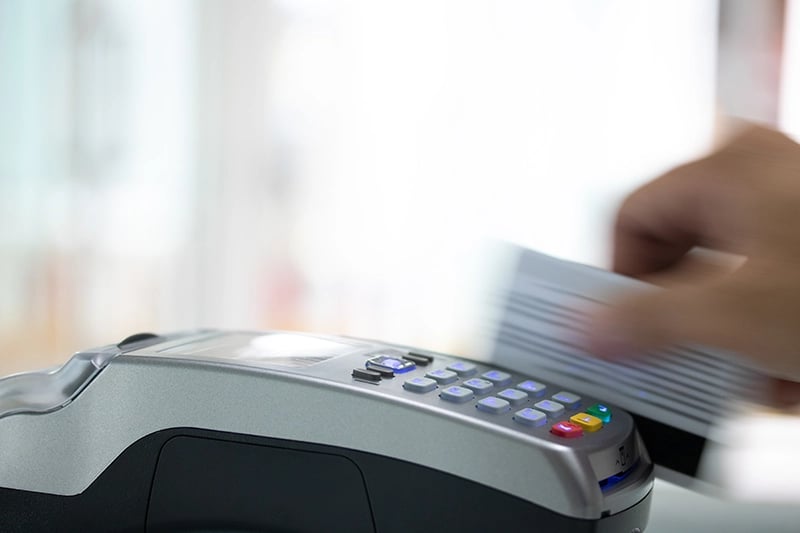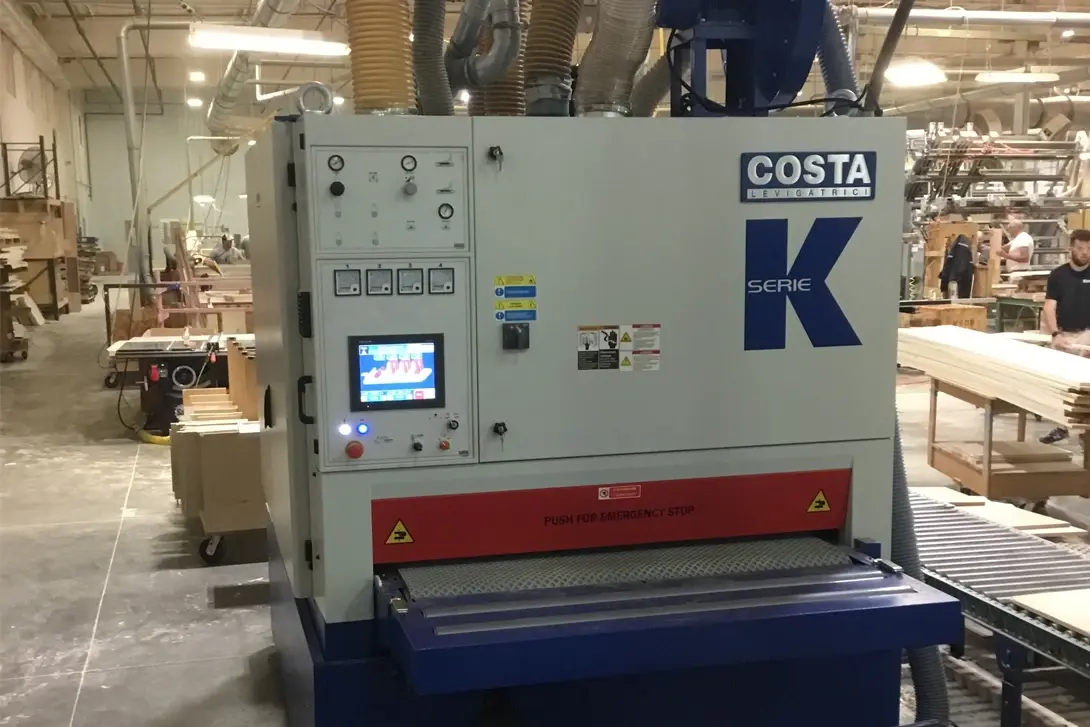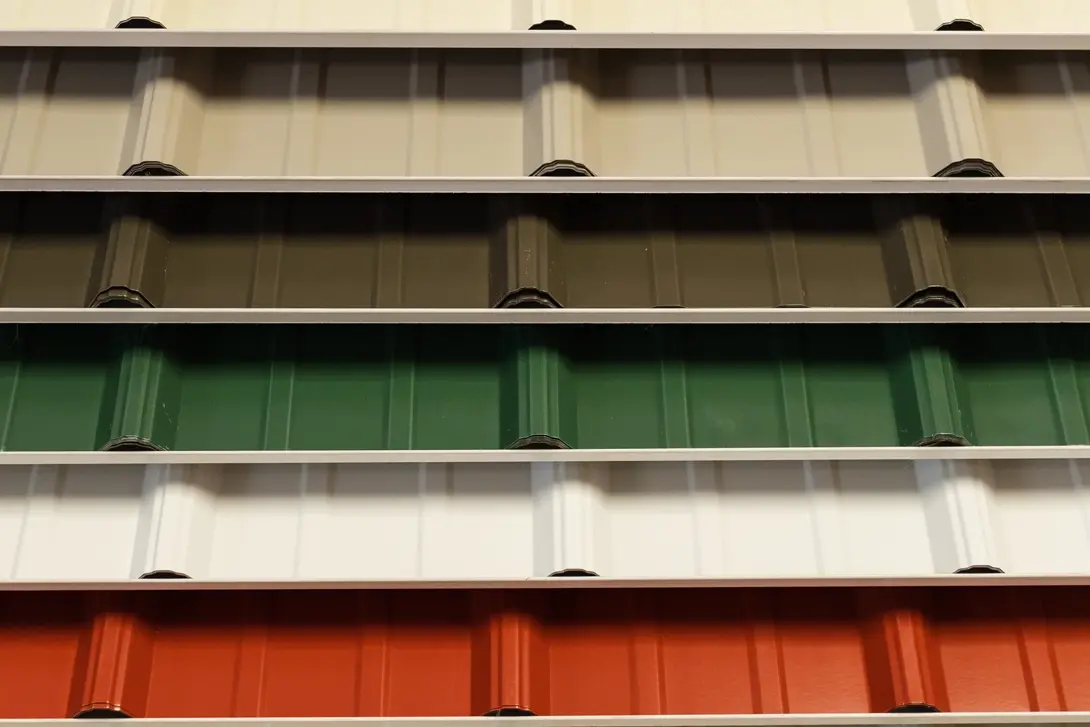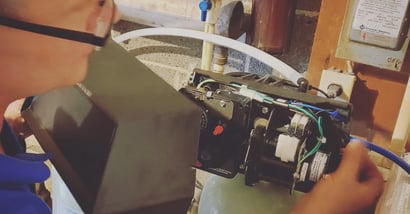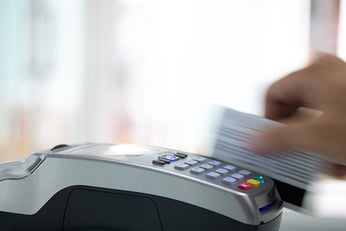When you pay, it's normally pretty quick and painless. You order your coffee, the barista tells you how much it is ($6 for coffee with milk?!) and you swipe, insert, or tap. A few moments later you're on your way with your latte in hand, ready to conquer the day.
When you're the consumer, you don't think much about how the piece of plastic in your wallet is transferring your hard-earned money to your favorite local coffee shop. You might open your bank account and see the word "pending" under the transaction, but as far as you're concerned, it's paid and you got what you wanted (in this case, an over-priced caffeine fix).
But when your business is the one getting paid, you need to think about this a bit more. Cash is king for business - it is important that you get paid quickly and seamlessly, with little to no downtime, especially in more economically uncertain times.
Yet the process can be complicated to navigate - from how you receive the payment initially and the authorization of the payment, to the settlement of the transaction. With all the different entities and different fees involved in each step - the Merchant Service Provider (MSP), the credit card network, your bank, etc. - if something goes wrong it can be difficult to figure out exactly where in the chain things broke down.
You may find yourself wishing you too could put a "cash only" sign on your door.
But it doesn't have to be this difficult.
The better you understand payment processing, the better you will be able to approach your own systems, maximizing the experience for your customers and ensuring fast and consistent payment for your business. So let's get into it.
What is payment processing?
In simple terms, payment processing is the system that allows your customers to use their credit or debit card to pay you. It connects your customer, their credit card, the authorization of the transaction, and your bank so that you don't have to manage those connections - turning the swipe of plastic into dollars in your bank account.
Why is payment processing important?
Cash and check payments are quickly becoming a thing of the past for most transactions. From in-person one-time purchases like buying a coffee to recurring bills in a business; people want to be able to pay by card (and often online). People don't really carry cash anymore, and checks are too slow, with the risk of being lost in the mail or lost in a stack of paperwork somewhere.
If you do not have a payment processing system, chances are you are missing out on a lot of business.
Payment processing systems don't just help the consumer though. It has also opened up a world of opportunity for businesses, specifically those that offer terms to their clients, have an online store, or send out recurring invoices. Products can be selected and paid for online, invoices can be paid over the phone or through an online portal, and funds are received more quickly than they were before (when customers had to mail a check). Not only are clients happier because they can choose their preferred payment method, but you receive payment faster and more consistently, especially when customers can set their bills to pay automatically when due.
Key terms to understand
In order to get an idea of how payment processing works (and how it can be done better), it's helpful to understand a few key terms and how they play into the process.
Merchant Service Provider (MSP)
Your MSP is the company that you choose to help you get set up to accept cards as payment. They provide you with the needed technology and systems to make everything work in the way you need it to.
Payment Device or Payment Portal
The payment device or payment portal is a system/service provided to you by your MSP. This can be in the form of a physical card reader, a virtual terminal (for use when the card is not physically present, like in over-the-phone payments), or a web pay portal for online bill pay.
The Payment Gateway
The payment gateway sits behind your payment portal. It is the technology that communicates the cardholder data to all necessary parties through the payment processor using PCI-compliant encryption.
The Payment Processor
The payment processor acts as a liaison between the cardholder's bank and the merchant's. They are responsible for authorizing, settling, and securing each transaction.
Your payment processor and your MSP can be the same company or different companies depending on your set up environment.
What does credit card processing look like in motion?
When a customer pays using a credit or debit card, there are a number of things happening in the background of that transaction. To go over it in depth would be complex, so here's a simple overview:
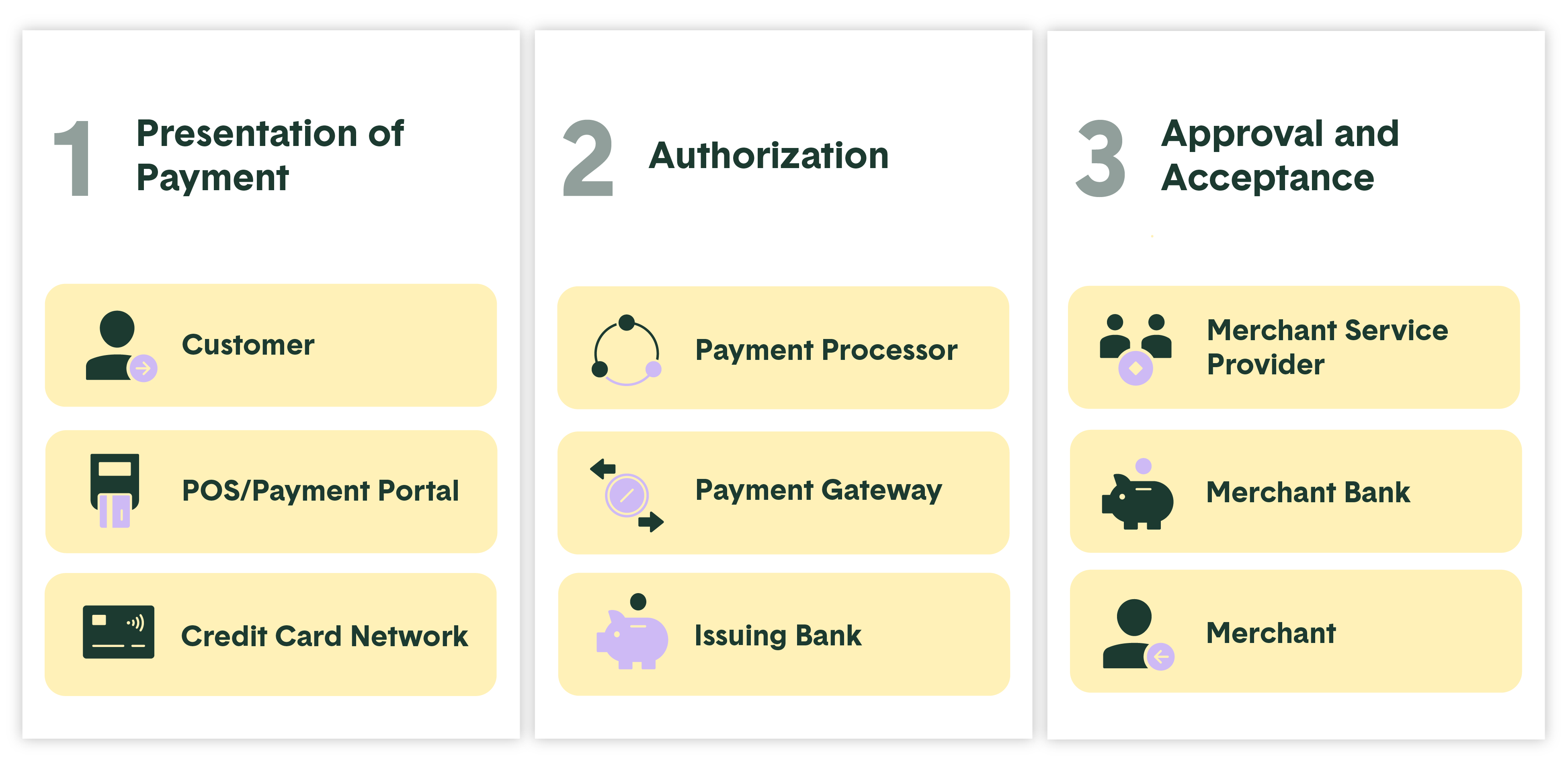
- Presentation of Payment: The first part is straight forward. When a customer is looking to make a purchase or pay a bill, they need to present their card information. That is either collected by a card reader or entered manually into the virtual terminal or web pay portal.
- Authorization: The next part is where a lot of stuff starts happening behind the scene. Once card information is presented through either a card device or payment portal, the payment gateway collects the needed data and sends that information to the payment processor and the merchant's acquiring bank (using encryption for security). The payment processor then takes that information received from the payment gateway and gets confirmation for the transaction from the customer's issuing bank or credit card network.
- Acceptance and Approval: Once the transaction is authorized, the payment is approved. At this point, the customer's part in the transaction is complete and they receive their purchase. However, the actual transfer of funds from the customer's account to the merchant's will still be processing until settlement occurs (normally within 24 hours). The MSP also bills the merchant for the services provided during the transaction by either taking it directly from the transaction itself or by billing for it later.
Of course, no consumer or merchant is thinking about all of these steps happening in the background when a purchase is made. It most cases, these things happen very quickly. But when there is a disruption in the process, uncovering the issue among all of these steps can be tedious and frustrating.
How to find the right payment processing system for your business
When choosing a payment processing system, you are essentially choosing an MSP with the right system in place for you.
Does their payment processing system integrate with your current systems?
One of the most important things to consider when choosing a merchant service provider is how the setup will work with your business management software. Having systems that don't communicate well with each other can limit a business' capacity for growth. If your team has to enter transaction information into your sales software and your card reader separately, this not only eats up valuable time (from both you and your customer), but leaves unneceassary room for error.
Rather, you want a system that connects your payment gateway directly to your sales software, so you can see exactly which transactions match up with each order, and little information has to be entered manually.
Is their setup process smooth, and will it align with your business?
Additionally, the MSP you choose should be easy to work with. A big indicator of this is how setup is done. Be sure to ask potential MSPs questions like,
"How long until I am approved to accept card payments?"
"When will my system be operational?"
"Are there parts of the setup I can do myself, or do I have to wait on somebody to do it for me?"
If the answers to these questions reveal that setup is quick and relatively painless, then that is a good indicator that the MSP will not only be easy to work with, but will be able to provide support when you need it.
Do they provide the needed technology for your specific business environment?
POS stations, card readers, and virtual terminals
You'll also want to ensure that your MSP is able to provide the needed technology for your specific business environment.
- Do you have a storefront that will require one or more point-of-sale stations?
- Do the available card readers accept all the latest forms of payment (swipe, chip, and tap to pay)?
- Do you accept payments over the phone, requiring a system for card-not-present (CNP) payment processing?
Be sure to think through all the ways that your customers would prefer to pay and communicate that with your MSP.
Do they facilitate online payments (if necessary for your business)?
Do you require a way for customers with recurring bills or terms to be able to pay their bills online? This could be with or without an online store. Make sure that your MSP offers a solution for you to process online transactions.
Does the ongoing relationship structure fit your needs?
Ease of support is a significant consideration when choosing an MSP. Because of how many entities are involved in the authorization and settlement of a transaction, it can be difficult to track down issues when they happen. If your MSP is different than your payment processor and you need to communicate with each of them separately, that can leave you in a support spiral when trying to get something resolved. Meanwhile your customers are frustrated because they can't pay and your employees are flustered because they don't have a resolution.
There is a lot of benefit to working with a single partner for your payment processing needs. You'll always know who to call, and solving the problem can happen a lot faster because there isn't a chain of communication happening between entities.
Koble Payments and EBMS
Here at Koble, we believe getting paid should be a simple process for your customer and for you. That's why we now offer Koble Payments, where we become both the MSP and the payment processor, simplifying the relationship structure. Our goal is to ensure that you get paid for the services you provide, seamlessly and consistently.
To learn more about Koble Payments, go here - or reach out to your Account Manager.

Kelsey Stout is the Head of HR & Marketing at Koble. She loves helping people build strong and lasting businesses with meaningful work, the right systems in place, and a strong approach to culture. When not telling Koble stories, Kelsey can be found writing children's fiction, spending time with family, or playing the guitar (poorly but enthusiastically).
